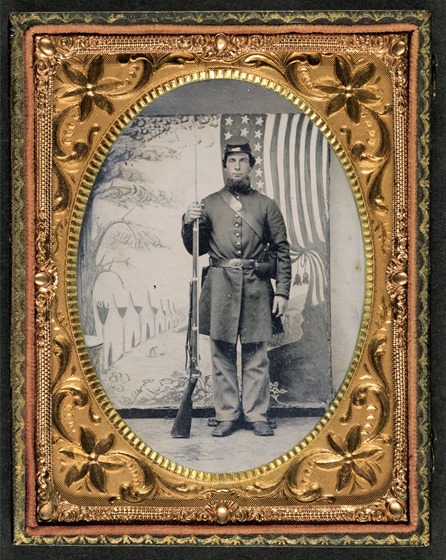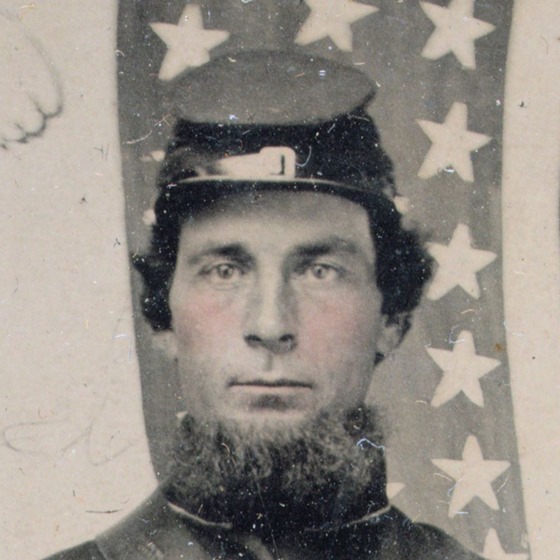November 15.—Conrad Posey, a brigadier-general in the rebel service, died at Charlottesville, Va., from a wound received in the fight at Bristoe Station, Va. General Posey was formerly colonel of the Forty-eighth Mississippi regiment, belonging to General Featherstone’s brigade, and when the latter was transferred from the army of Virginia to the West, General Posey was commissioned to succeed him.—The firing on Fort Sumter continued steadily. From “Thursday morning last until yesterday (Saturday) at sundown, one thousand five hundred and twenty-three mortar shells and rifled shots were fired at the fort. The Union fire has ceased to be of any injury to that defence.”—Richmond Enquirer.
—Major-general S. A. Hurlbut, from his headquarters, Sixteenth army corps, at Memphis, Tenn., issued the following general order:
I. The people in the District of West-Tennessee and the northern counties of Mississippi having shown no disposition, and made no attempt to protect themselves from marauders and guerrilla bands, but having submitted themselves, without organized resistance, to the domination of these petty tyrants, and combined, in many instances, with the known enemies of the United States to procure from corrupt traders in the city of Memphis and elsewhere, supplies for the use of the public enemy, have proved themselves unworthy of the indulgence shown them by the Government.
It is therefore ordered, that the lines of pickets around the several military posts of this command, in Tennessee and Mississippi be closed, and that no goods of any description be allowed to pass out, nor any thing be brought in, except fire-wood and provisions, by any citizen, without the written order of some general officer, each of which permits, and the reason for granting the same, will be reported to these headquarters, and for the necessity of which each officer granting will be held rigidly responsible.
II. All merchants, and others doing business, will be held responsible for knowledge of the residence of the parties to whom they sell, and the sale of merchandise to persons beyond the lines of pickets will be punished with the highest rigor known to the laws of war.
III. All persons residing under the protection of the United States, and physically capable of military duty, are liable to perform the same in a country under martial law. Especially in the city of Memphis, where it is known many have fled to escape liability to military service at home, this rule will be strictly applied. In pursuance, therefore, to orders to this effect from Major General W. T. Sherman, commanding department and army of the Tennessee, all officers commanding districts, divisions, and detached brigades of this corps, will immediately proceed to impress into the service of the United States such able-bodied persons liable to military duty as may be required to fill up the existing regiments and batteries to their maximum. Those persons so levied upon, if they enlist for three years or the war, will be entitled to the full benefits provided by the acts of Congress. If not, they will receive clothing and rations, and be borne at the foot of each company roll with remarks stating their time of service and the advances made by the Government in clothing; a certificate of which will be given them when discharged from such forced service, the question of pay or other compensation to be settled by proper authorities hereafter. They will be discharged when no further military necessity appears for their enforced service.
IV. The senior surgeons and inspectors present will constitute a Board of Inspection on the physical capacity of recruits.—General Orders No. 157.
—Last evening a party of rebel cavalry crossed the Rapidan in front of Kilpatrick’s line, at Morton’s Ford, Va., attacked the pickets, capturing some six or eight of them, and retreated across the river again.
This morning the affair was reported to General Custer, who was temporarily in command of the division, when he immediately ordered a regiment of cavalry and Pennington’s battery of three-inch rifled guns down to the rear, and drove them back from the ford, notwithstanding they had brass twelve-pounders. This was done in the midst of a heavy rain-storm. No serious casualties were reported to Major-General Pleasanton.
![]()








